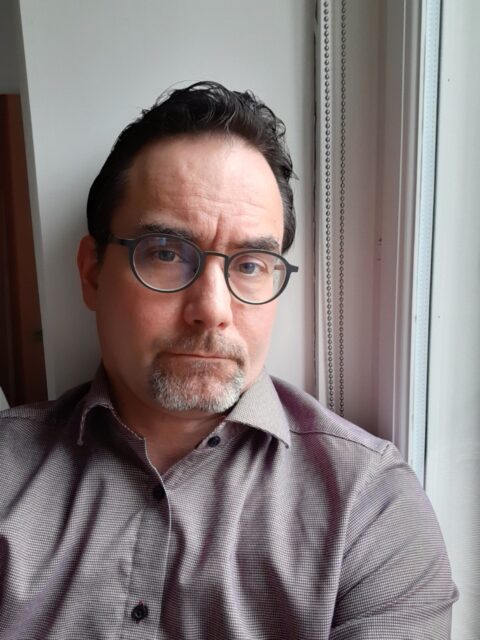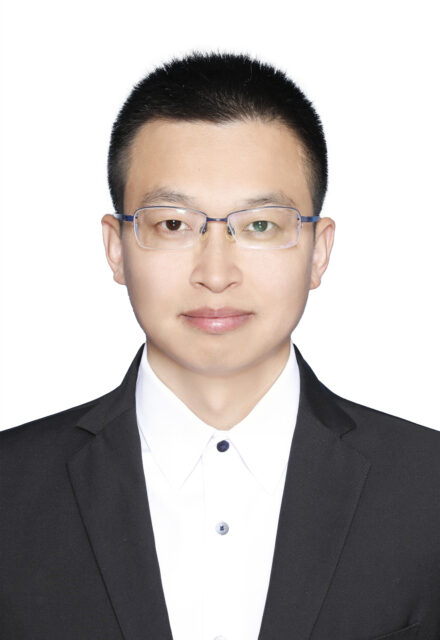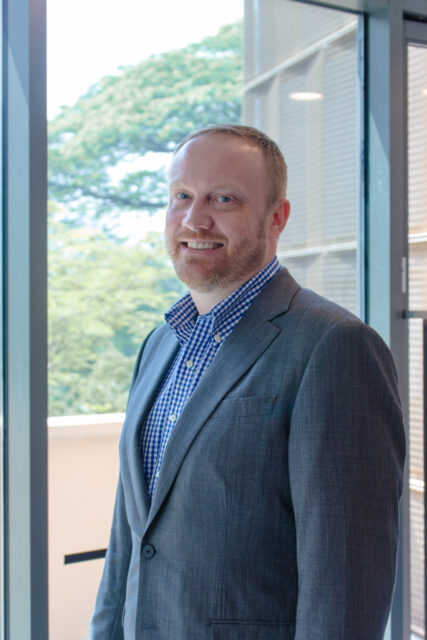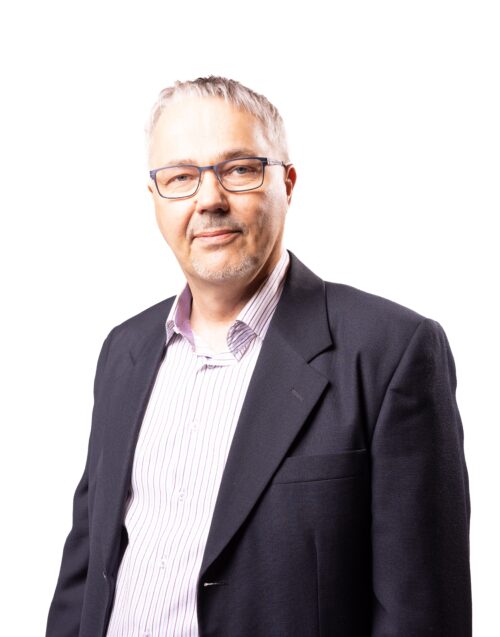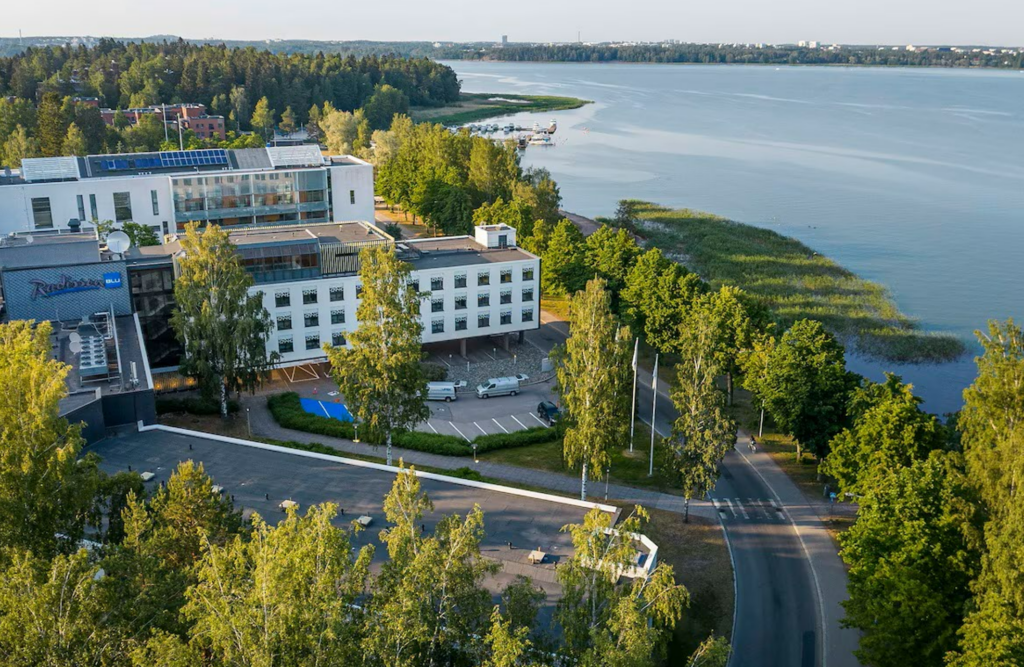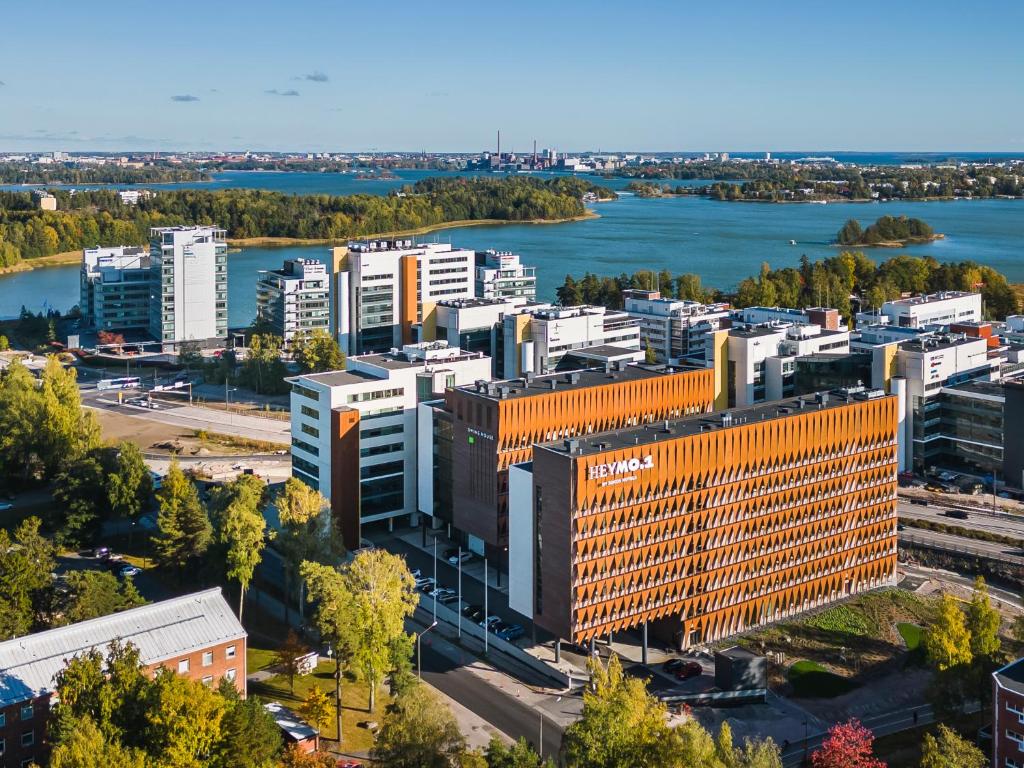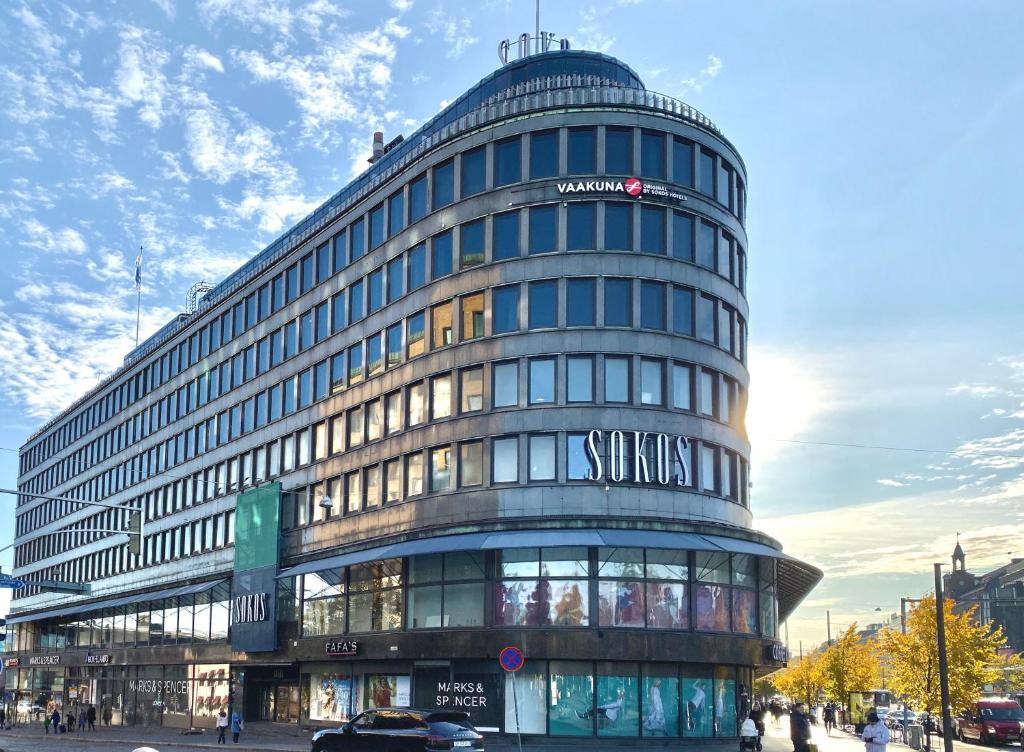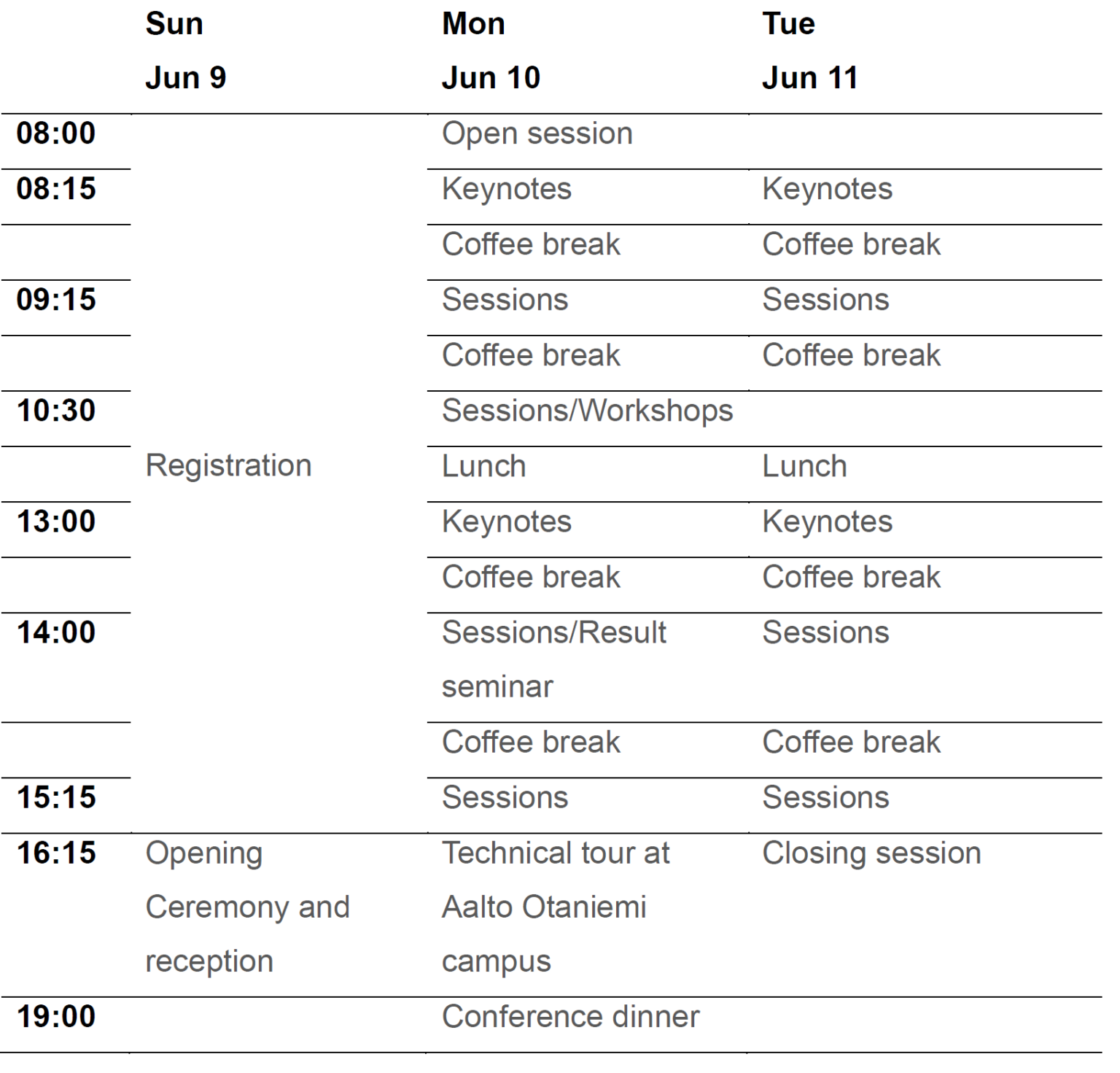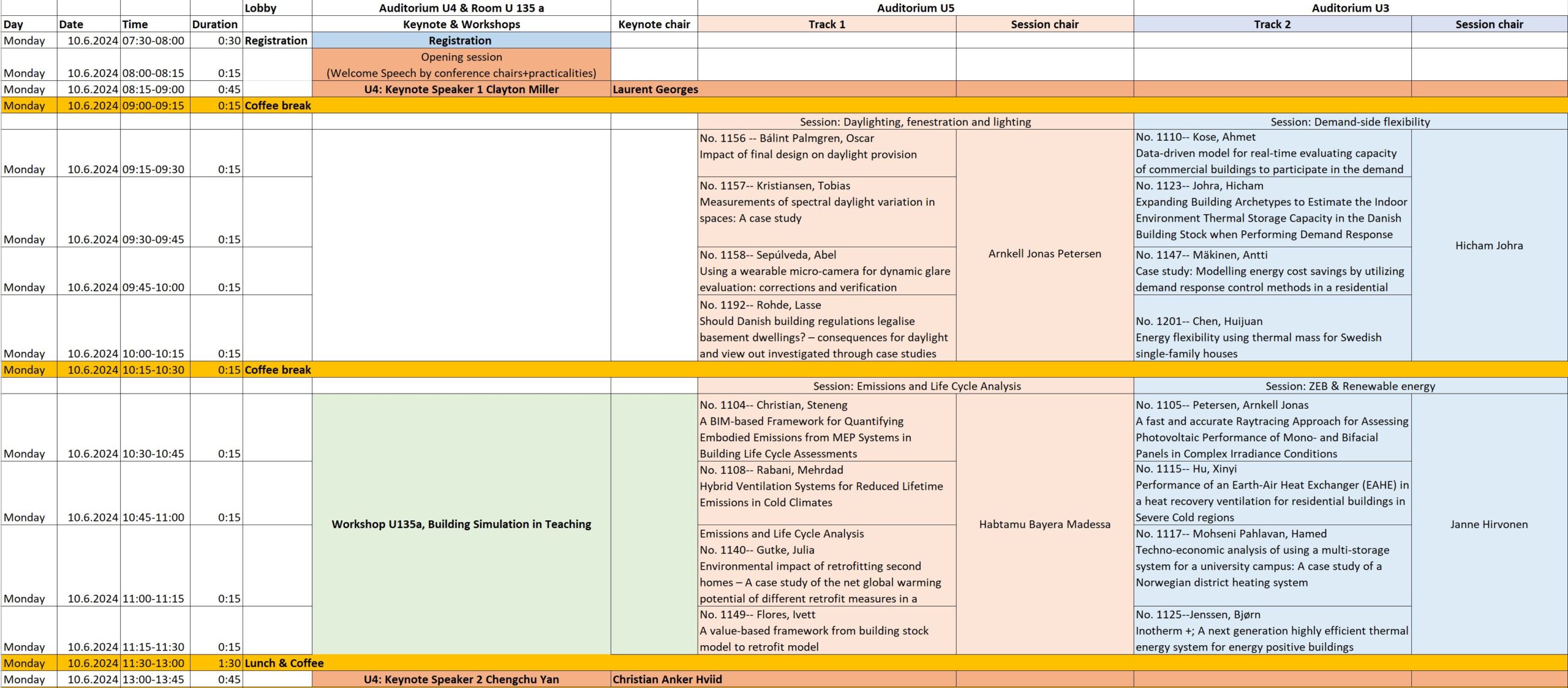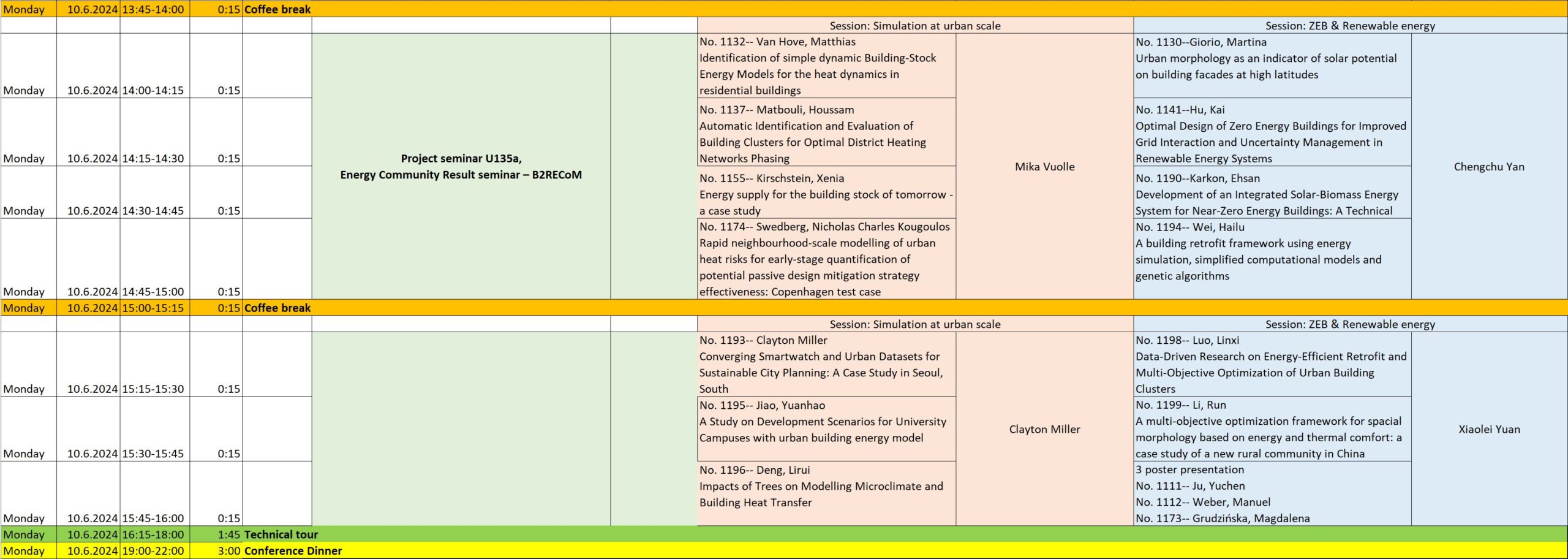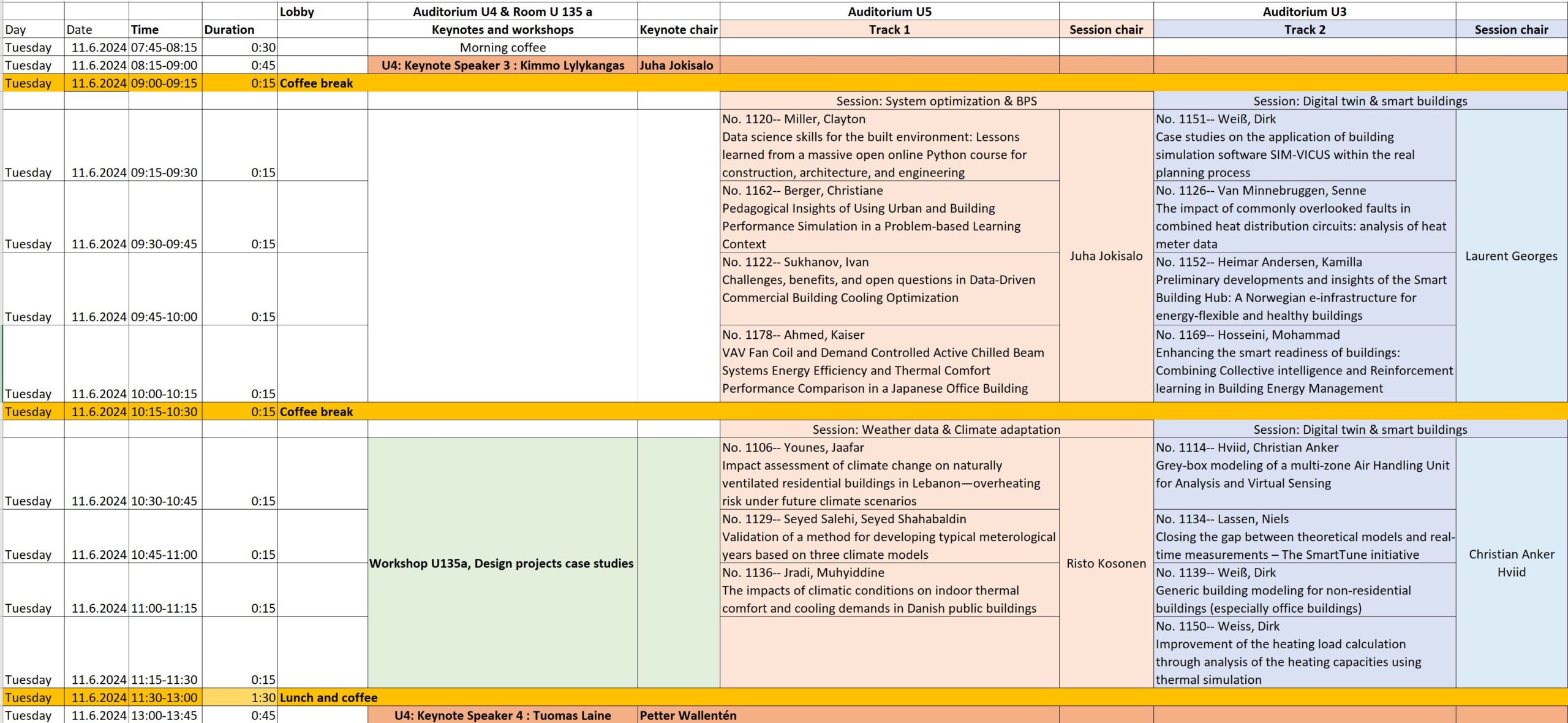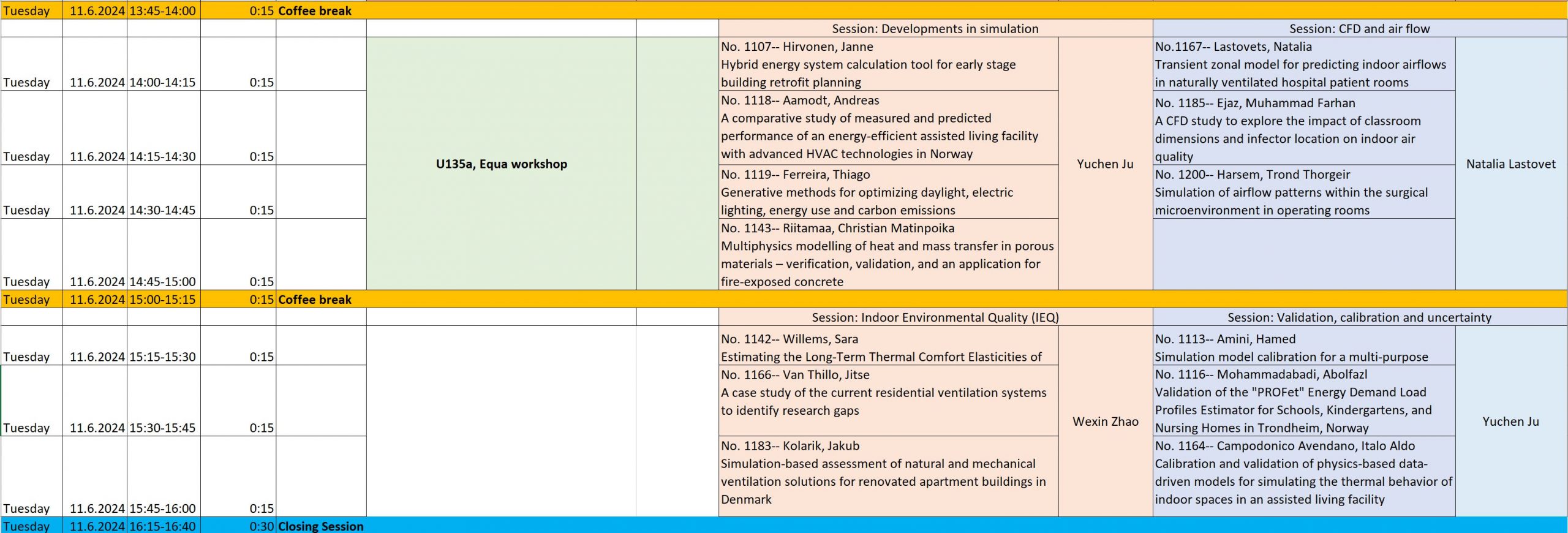Continue the conference experience with live building energy simulations: EQUA is inviting You at 12th June, Wednesday morning to an IDA ICE session, where both new and experienced users will delve into the real depths of IDA ICE 5! At the session, EQUA will provide several hands-on demos focusing on special subjects, such as daylight, optimization, and thermal comfort. It will be parallelled with a dedicated clinic for problematic cases: bring Your headache-causing projects with You and find the right solution with the experts! You are welcome to listen as well.
The training is free of charge, coffee and lunch is included.
Sign up for the training by sending an email to mika.vuolle@equa.fi (with message topic “IDA ICE training at BuildSim2024”). Please note that seats are limited.
Intended audience: building energy simulation engineers, building services- and indoor environment experts
Preliminary program on WED 12.6
08:30 – 09:00 Welcome and coffee
Room 1 (to be announced)
09:00 – 09:30 Daylight in 5: climate-based whole year simulations and applications
09:30 – 10:00 Optimization in 5: multi-objective optima in a demo case
10:00 – 10:30 Stratified zone model and thermal comfort studies
10:30 – 10:50 Coffee break
10:50 – 12:00 Roll up the sleeves! IDA ICE live training
End of session and lunch in Väre
Room 2 (to be announced)
09:00 – 09:30 Clinic
09:30 – 10:00 Clinic
10:00 – 10:30 Clinic
10:30 – 10:50 Coffee break
10:50 – 12:00 Discussion and solutions
End of session and lunch in Väre


